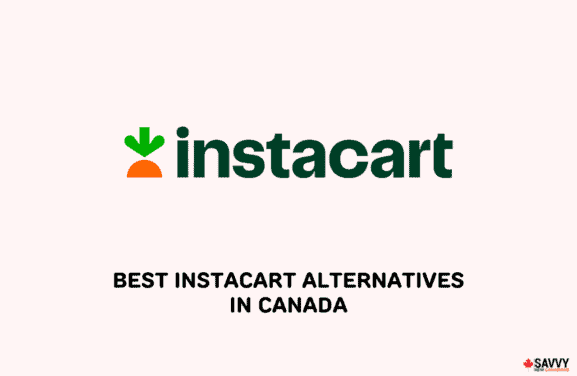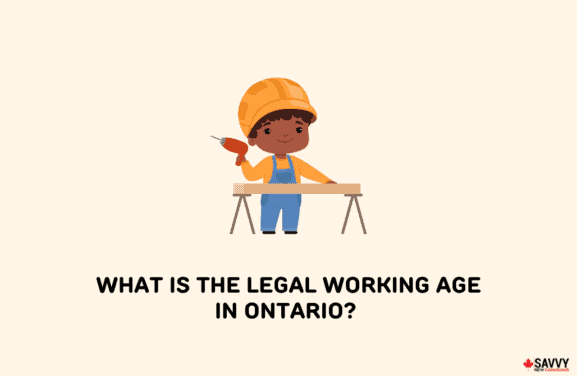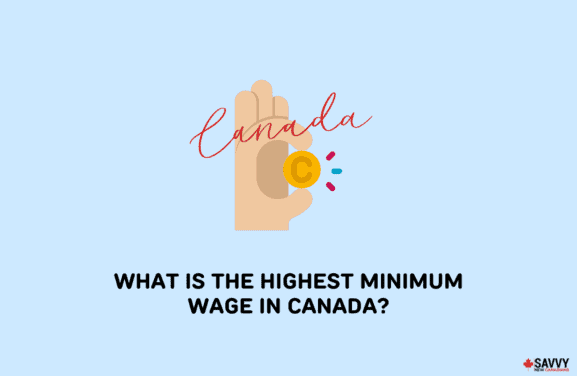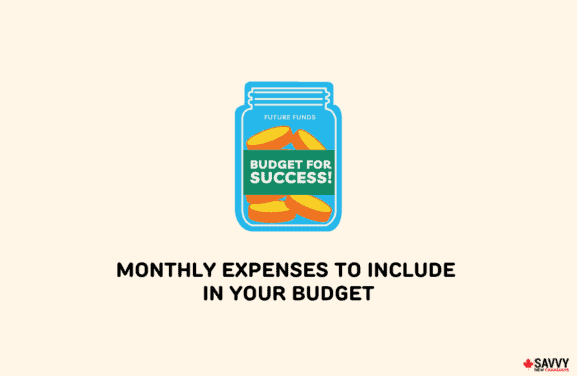Learning good financial habits can be challenging without structured guidance.
Hence, if you want to easily navigate the complex world of finance, enrolling in personal finance courses that offer a step-by-step guide on how money works, mastering financial management, and ultimately achieving financial freedom can be beneficial.
This article covers the top free personal finance courses in Canada you can benefit from. It also highlights an investing course you can consider if you are new to investing on your own.
Key Takeaways
- The best general finance courses include McGill Personal Finance Essentials, Desjardins Personal Finance: I’m in Charge, Globe and Mail’s Newcomer’s Guide To Finances in Canada, The Truth About Credit by The Credit Counselling Society, and ABC Money Matters.
- The top investing course is the DIY Investing Course for Beginners.
- Three of the best finance courses offered by the government include Your Financial Toolkit, Learn About Your Taxes and Financial Basics.
- I’m in Charge by Desjardins Personal Finance and ABC Money Matters offer free in-person lessons through their chosen local organizations.
- For an in-depth course on investing, consider the DIY Investing Course for Beginners in Canada.
The Best Free Personal Finance Courses Online
1. McGill Personal Finance Essentials

McGill Personal Finance Essentials is a free online financial literacy course offered by McGill University’s Desautels Faculty of Management, The Globe and Mail, and RBC Future Launch.
Primarily designed for Canadians who are still beginning their financial education journey, this course’s eight modules cover the most crucial aspects of your finances, such as budgeting, borrowing, investing, retirement planning, and real estate.
The course’s modules are designed in sequential order that flows from one module to the next, making the entire learning experience easy to follow.
2. Desjardins Personal Finance: I’m in Charge

The financial service cooperative Desjardins has offered its financial literacy program, Personal Finance: I’m in Charge, for no charge since 2013.
Dedicated to youths ages 16 to 25 years old, this program’s 17 modules, 3 of which are held virtually, cover four main themes that are relevant to the realities and lifestyles of young people, namely:
- The Essentials
- Everyday Life
- Education and Employment
- Financial services
You can access the Desjardins Personal Finance: I’m in Charge course from Desjardin’s 100+ partnered organizations in Quebec and Ontario. Each module lasts approximately 2 hours and can be completed in no particular order.
3. The Globe and Mail’s Newcomer’s Guide To Finances in Canada
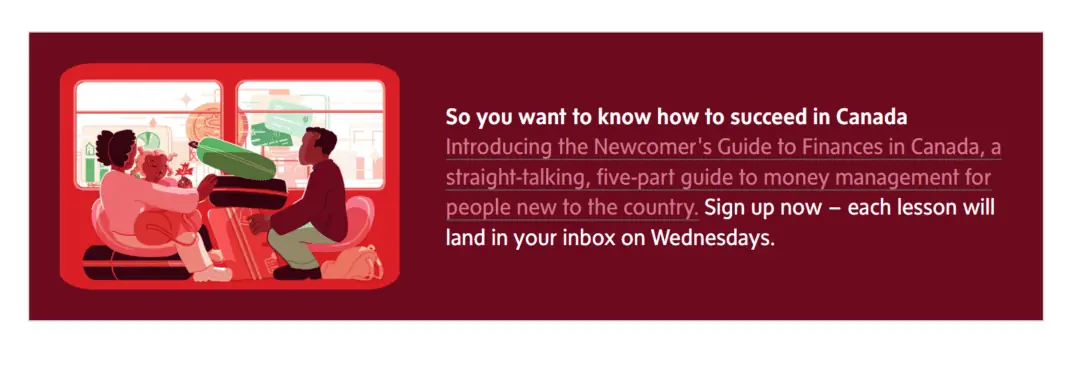
Created by Erica Alini, a personal finance reporter at The Globe and Mail and best-selling author, the Newcomer’s Guide to Finances in Canada covers a lot of ground.
This course is structured as a five-part newsletter and includes what you need to know about banking, borrowing, investing, taxes, government benefits, and more.
Here’s what you’ll learn:
Week 1: Bank accounts and credit scores.
Week 2: All about renting and how to go about buying your first home.
Week 3: How borrowing money works in Canada.
Week 4: How to file your tax return, government benefits, and more.
Week 5: How to invest and save on investment fees.
You can sign up for the course here.
4. The Credit Counselling Society: The Truth About Credit

The Truth About Credit is a free live online workshop offered by the non-profit organization the Credit Counselling Society. Specifically designed to help Canadians understand the fundamentals of credit, this webinar tackles what credit is, how it works, and how you can positively manage it.
The Truth About Credit workshop only lasts approximately one hour, which is relatively shorter than other financial courses.
However, since it allows time for participants to ask questions or join discussions with financial experts, this workshop is highly sought after by many Canadians who want to learn more about credit.
5. ABC Money Matters: Financial Literacy Program for Adults

Money Matters is another excellent financial literacy program that offers free personal finance classes for adults and anyone who wants to grow their financial confidence.
This program is accessible in select local communities with participating hosts and online. Its five workbooks, which have 10 hours worth of content, cover spending plans, banking basics, borrowing money, saving, and smart shopping.
Money Matters has already been tried and tested by over 95,000 adults in Canada since 2011. Its free lessons are available in English, French, Arabic and Chinese.
Government of Canada Personal Finance Courses
Here are some free financial dedication resources provided by the Government of Canada.
6. Your Financial Toolkit

Your Financial Toolkit is a comprehensive financial program offered by the Financial Consumer Agency of Canada that provides adults with the necessary information and tools to manage their finances better.
This program comprises 12 modules that cover not only the basic budgeting, banking, saving, and debt management lessons but also tax filing, deductions, and other government-related financial topics.
You may access all the modules of Your Financial Toolkit for free on the Government of Canada website.
7. Learn About Your Taxes

Understanding and managing your personal income tax is not exactly self-explanatory, so the Canadian government provides this free online course that helps you better understand how the Canadian tax system works.
Through texts, short quizzes, and videos, Learn About Your Taxes teaches 7 different topics for free, including how to complete a basic tax return and access your CRA benefits and credits.
You can study the entire online course at your own pace at any time, but on average, it takes about 4 hours to complete Learn About Your Taxes.
8. Financial Basics

Financial Basics is another free workshop developed by the Financial Consumer Agency of Canada and the Ontario Securities Commission with the help of the renowned financial journalist Ellen Roseman.
This program aims to help young adults learn better financial habits by teaching them essential topics such as saving, budgeting, credit, fraud prevention, and investing.
Anyone can access the Financial Basics resources for free online.
However, note that since this program is designed to be a hands-on workshop with designated presenters and participants, as an independent learner, you may need to explore its different materials, including slides and handbooks, simultaneously to get the most from this course.
Investing Courses in Canada
One way to secure your financial future and grow your net worth is by investing. If you are unfamiliar with how investing works in Canada, an investing course can help.
Here’s one to consider.
The Investing Course for Beginners in Canada
The DIY Investing Course for Beginners in Canada is designed to help beginners learn index investing and become confident with managing their portfolios.
It includes several in-depth video lessons showing real-life scenarios, tools and techniques for building diversified portfolios, how to cut your fees by up to 91%, and practical advice on what works long-term.
The course curriculum includes:
- 17 on-demand walkthrough video lessons (almost 8 hours of content) showing how to buy and sell stocks and ETFs from start to finish.
- How to open, setup, fund, and use brokerage platforms and robo-advisors, with complete video training sessions for multiple platforms.
- How to determine their risk tolerance and choose appropriate ETF investments.
- Easy-to-follow detailed guides and reference material (20,000+ words).
- Quizzes and downloadable infographics to reinforce learning.
- 15+ budgeting templates, savings planners, and other financial planning worksheets.
- Access to a private community to ask questions and participate in discussions.
- Live webinars and Q&A sessions.
- Free email support
- Lifetime access to the course
- Free retirement planning eBook
- 8 modules and 32 lessons
You can enroll in this investing course here.
Why You Should Take a Personal Finance Course
A recent poll held by Leger suggests that nearly half of Canadians are currently living paycheck to paycheck. Although a lacklustre economy plays a significant role in this concerning financial trend, inadequate financial literacy is also partially to blame.
One way to become better at managing your finances is to learn how to do so using reliable tools and resources available through personal finance courses.
Completing a financial course may not turn around your financial situation overnight. However, the lessons you learn from them can help you avoid the financial mistakes you are currently making and start implementing strategies to help you build wealth over time.
